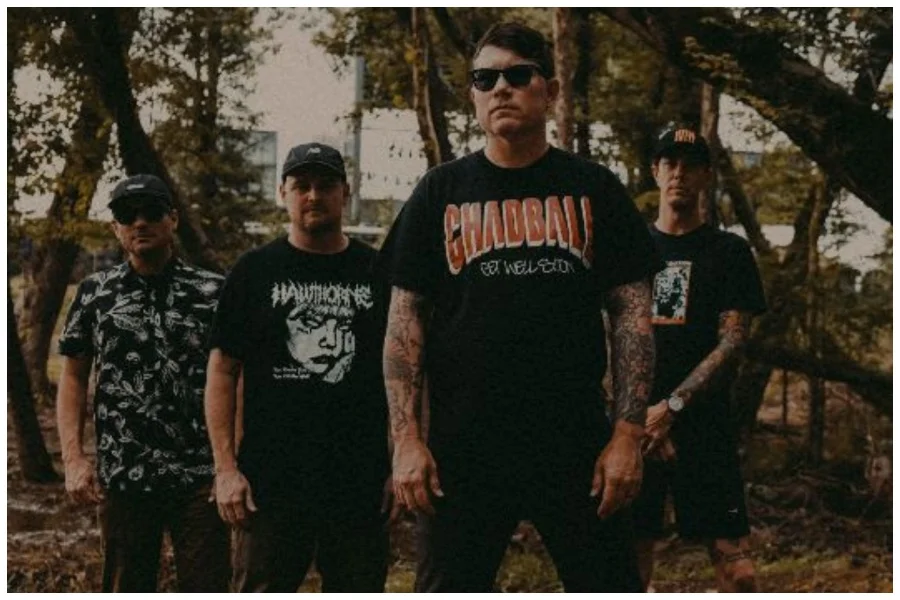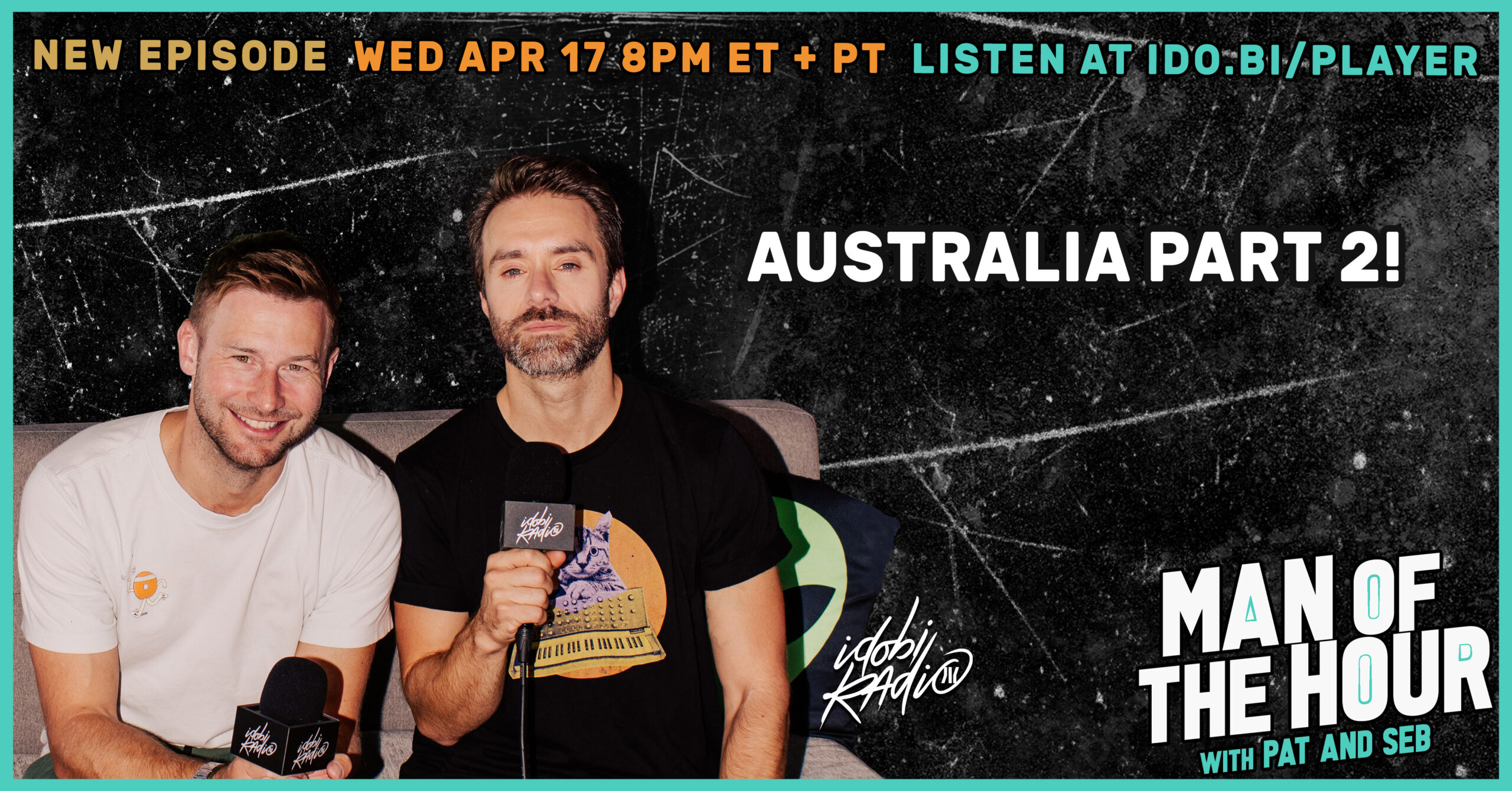 It was bound to happen sooner or later. Up until that point, my interview with two-fifths of Temecula, California’s Finch was going rather smoothly. That is, of course, until I mentioned the “E” word. Suddenly, I struck a nerve.
It was bound to happen sooner or later. Up until that point, my interview with two-fifths of Temecula, California’s Finch was going rather smoothly. That is, of course, until I mentioned the “E” word. Suddenly, I struck a nerve.
“We’re not ‘emo’,” says guitarist Randy Strohmeyer wearily. “People can call us whatever they want to help them identify with the music because when it comes down to it, it’s just the music anyway.” He pauses for a moment, before adding: “But if you ask us, we don’t really care. We don’t call ourselves anything besides a rock band because our influences are so varied.”
Citing such diverse influences as Led Zeppelin and The Cure, Finch combine elements of punk angst, hardcore intensity, and um, emotional lyrics. Their debut disc, entitled What It Is To Burn, features tracks ranging from melodic pop-punk tunes to intense hardcore anthems.
In 2001, Finch signed with independent label Drive-Thru Records, home to acts such as New Found Glory, The Starting Line and Something Corporate. Recently, however, Finch were unwillingly scooped up by MCA Records. But aside from funding the video for “What It Is To Burn,” they have yet to reap any substantial benefits from their major label status.
“When you’re on an indie, it’s more of a team between label and band. You work together to push the album and you wanna scratch each other’s back,” explains Strohmeyer. “When you go to a major, it’s a corporation – that’s all it is. They don’t really care about the music and they don’t really care about you.”
Not surprisingly, Finch still consider themselves to be an independent band. “We pay for everything ourselves. We don’t rely on anybody but ourselves,” says Strohmeyer. Indeed, it was the five members of Finch, not MCA, who paid for their shiny new tour bus.
That bus made a tremendous difference on their tour of North America, co-headlining with The Used. Along with word-of-mouth and the Internet, constant touring is key in spreading their music and winning over new fans.
One reason that the fans have been able to relate to Finch is that they’re a band of fans themselves. Like many others, bassist Derek Doherty is disgusted by modern commercial music.
“I don’t like listening to the watered-down shit too much,” he says. “I can’t stand what’s on the radio and I definitely don’t have a clue what’s on T.V.”
So what separates Finch from the “watered-down” masses?
“We’re the band that we always wanted to hear that never existed,” says Doherty. “There’s a lot of bands coming out these days that can’t think of anything other topic besides the [love] relationship… Our songs aren’t about love, they’re more about desperation.”
According to Doherty, Finch strive for “technicality, mixed with good melody and humbleness.” Their creative process is a collaborative effort in which all members contribute equally to the composition. “We all respect each others’ musical input,” agrees Strohmeyer.
Although it’s often difficult for “the weirdest group of five kids ever” to reach a consensus, they have developed a special process for resolving conflict.
“There’s always that weird grey area that creates tension in the room,” remarks Doherty. “That’s how we resolve things. We just let them fizzle out. We let them boil, and boil, and boil until it just evaporates.”
Finch are already hard at work on their follow-up to What It Is To Burn. When asked to comment on its sound, Strohmeyer says that “it’s gonna be as diverse as the last record, but more mature.”
Doherty is more explicit.
“We’re not gonna do anything we don’t like,” he states. “I can guarantee that there won’t be any of those pointless [love] songs. There never has been and there never will be.”





























